‘My Party Has Lost Its Soul’
In a Salon review Sunday of Ralph Nader's spring 2014 book "Unstoppable," Bill Curry, former White House counselor to President Bill Clinton, takes Democrats led by Clinton and Barack Obama to task for making their party an indentured servant of Wall Street and gifting economic populism to the right.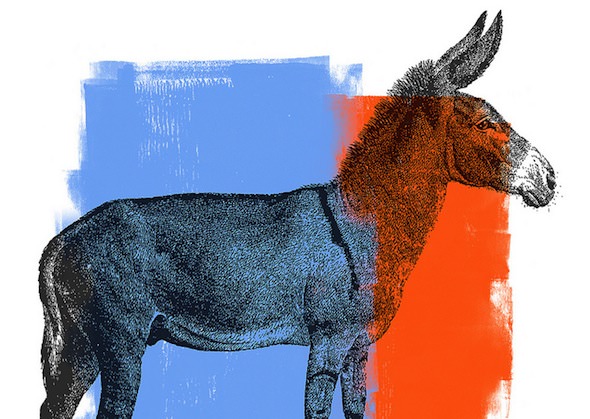
In a Salon review Sunday of Ralph Nader’s spring 2014 book “Unstoppable,” Bill Curry, former White House counselor to President Bill Clinton, takes Democrats led by Clinton and Barack Obama to task for making their party an indentured servant of Wall Street and gifting economic populism to the right.
Curry endorses Nader’s view that the present is ripe for a populist revival. Looking back to the Gilded Age, when “[p]owerful trusts were turning farmers into wage slaves and the world’s greatest democracy into just another corrupt oligarchy,” he notes that agrarian populists “busted price fixing railroads and granaries, fought for rural free deliver and established cooperative banks that still provide a third of all credit to rural America.” Coming to the present, he writes:
Parallels to our own time could hardly be clearer. Like invasive species destroying the biodiversity of a pond, today’s global trusts swallow up everything smaller than themselves. The rules of global trade make organizing for higher wages next to impossible in developed and undeveloped countries alike. Fights for net neutrality and public Wi-Fi are exactly like the fight for rural free delivery. Small businesses are as starved for credit as small farmers ever were. PACs are our Tammany Hall. What’s missing is a powerful, independent reform movement.
Inaction from Democrats on these fronts has given populism to Republicans and their further-right colleagues. Tea party Sen. Rand Paul is a greater champion of privacy and opponent of empire than any of his liberal colleagues, Curry writes. And the tea party as a whole has railed “loudest against big banks and corporate corruption.”
And in response to the crisis, Democrats have had their eyes on the wrong solution, Curry explains:
Liberals have spent the intervening years debating macroeconomic theory but macroeconomics can’t fathom this crisis. This isn’t just a slow recovery from a financial sector collapse, or damage done by debt overhang or Obama’s weak tea Keynesianism. We’re in crisis because of all our broken systems; because we still let big banks prey on homeowners, students, consumers and retailers; because our infrastructure is decrepit; because our tax code breeds inefficiency and inequality; because foreign interventions bled us dry. We’re in peril because our democracy is dying. Reviving it will take more than deficit spending and easy money. It will take reform, and before that, a whole new political debate.
In response to this mess, Nader’s book advocates a cost-saving program that would earn credibility among the voting public by championing ethics, challenging big business, standing up for small businesses and incorporating new issues such as privacy. Obama was elected with a mandate to do all of these things. His victory was a win for populism. But as an exemplar of his party’s ethos he didn’t embrace the leadership. He didn’t “believe in ideas because [Democrats] don’t believe in people. Obama wasted years dickering with Republicans who wished him only ill. He should have talked to the people and let them talk to the Republicans,” Curry writes. Furthermore, “Democrats think the power of money is greater than the power of ideas. Nader thinks that with the right ideas you can win even if outspent 100-to-1. Every year Democrats further dilute their ideas to get the money they think they need to sell them. The weaker the ideas, the more ads they need, the more money it takes, the weaker the ideas. As you can tell from their ads, they’ve been at this a long time,” he notes.
Furthermore, Obama’s pulled off his greatest betrayals of the public without the help of Republicans. “It wasn’t Republicans who prosecuted all those whistle-blowers and hired all those lobbyists; who authorized drone strikes or kept the NSA chugging along; who reneged on the public option, the minimum wage and aid to homeowners,” Curry writes. “It wasn’t even Republicans who turned a blind eye to Wall Street corruption and excessive executive compensation. It was Obama.”
Curry concludes:
If Democrats can’t break up with Obama or make up with Nader, they should do what they do best: take a poll. They would find that beneath all our conflicts lies a hidden consensus. It prizes higher ethics, lower taxes and better governance; community and privacy; family values and the First Amendment; economic as well as cultural diversity. Its potential coalition includes unions, small business, nonprofits, the professions, the economically embattled and all the marginalized and excluded. Such a coalition could reshape our politics, even our nation.
Read the full article here.
— Posted by Alexander Reed Kelly
Your support matters…Independent journalism is under threat and overshadowed by heavily funded mainstream media.
You can help level the playing field. Become a member.
Your tax-deductible contribution keeps us digging beneath the headlines to give you thought-provoking, investigative reporting and analysis that unearths what's really happening- without compromise.
Give today to support our courageous, independent journalists.
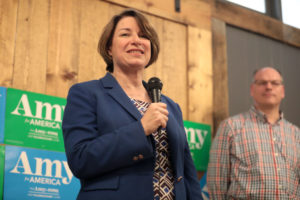
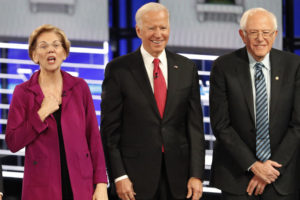

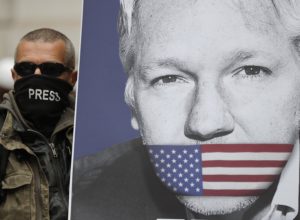

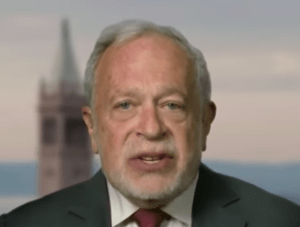
You need to be a supporter to comment.
There are currently no responses to this article.
Be the first to respond.